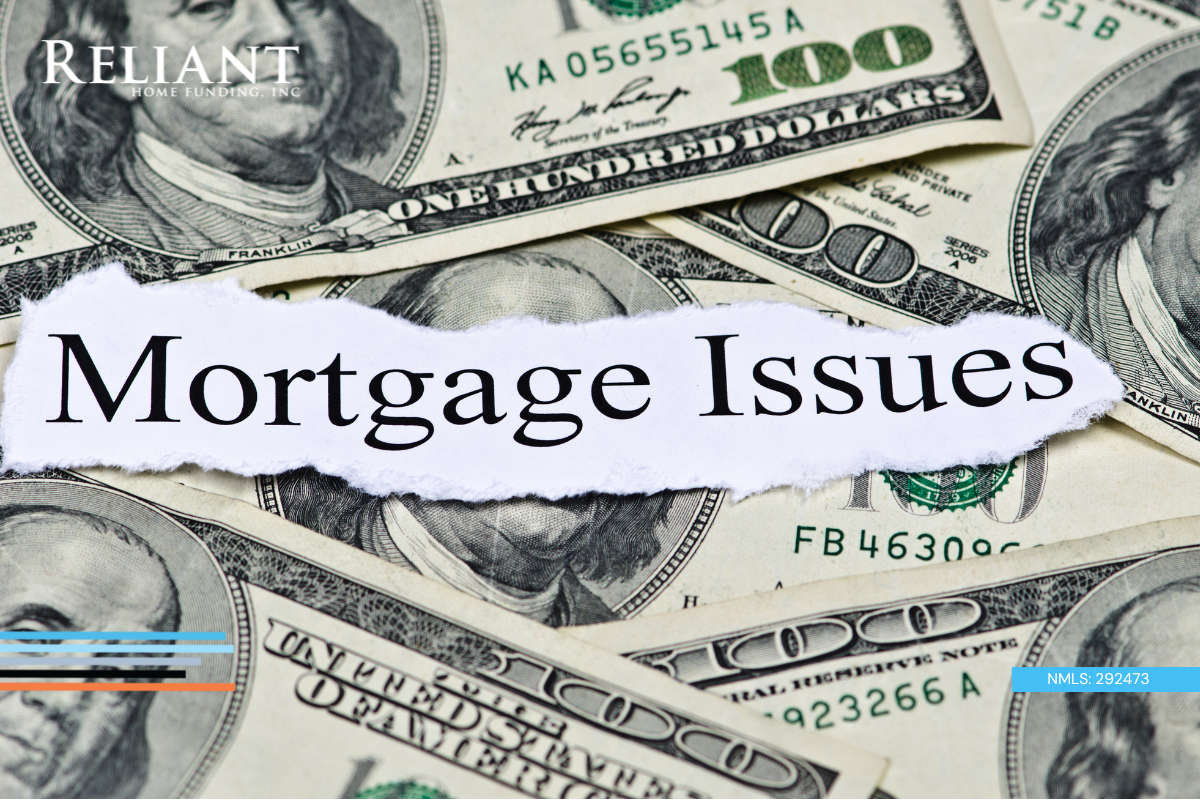Is Climate Change Affecting My Ability To Get A Mortgage? A Guide For Homebuyers

Table of Contents
Increased Risk Assessments and Higher Premiums
Lenders are increasingly factoring climate risk into their mortgage assessments. This means properties located in high-risk areas—floodplains, wildfire zones, areas prone to extreme heat, or coastal regions vulnerable to erosion—face significantly stricter scrutiny than they did in the past. This heightened scrutiny translates into several key challenges for prospective homebuyers.
-
Higher premiums: Expect significantly higher premiums for flood insurance, homeowners insurance, and potentially even mortgage insurance itself. These increased costs can dramatically impact the overall affordability of a property, making it challenging to secure a loan or significantly increasing your monthly payments.
-
Stricter lending criteria: Higher interest rates may be applied to properties in high-risk areas, reflecting the increased risk for the lender. In some cases, lenders may outright refuse to provide financing for properties deemed too vulnerable to climate-related risks. This can make securing a mortgage for a property in a vulnerable location incredibly difficult, if not impossible.
-
Detailed property disclosures: You can anticipate more detailed property disclosures regarding climate-related risks. Lenders will require thorough documentation demonstrating the property's resilience to potential hazards.
The Growing Importance of Property Disclosure
Full transparency regarding climate-related risks is becoming paramount in real estate transactions. Sellers are legally obligated to disclose any past flood damage, proximity to wildfire zones, or other relevant issues that could impact the property's value or insurability. This means buyers need to be equally diligent in their due diligence.
-
Thorough research: Before making an offer, thoroughly research local climate risks. Consult FEMA flood maps (www.floodsmart.gov) to assess flood risk, and research historical wildfire activity in the area. Understanding your property's vulnerability is critical.
-
Professional assessments: Consider engaging a professional environmental consultant to conduct a thorough assessment of the property's climate-related vulnerabilities. This can provide valuable insights and protect you from potential future problems.
-
Detailed inspections: Ask pointed questions during property inspections. Inquire about past flood damage, foundation stability, and the presence of any climate-related mitigation measures.
Government Regulations and Initiatives
Government regulations are evolving to reflect the growing awareness of climate change's impact on the mortgage industry. Expect new regulations to introduce stricter lending criteria for high-risk properties and potentially new requirements for disclosure.
-
Stay informed: Stay abreast of local and national policies related to climate risk and mortgage lending. Changes are happening rapidly, so regular updates are crucial.
-
Seek financial assistance: Many governments offer incentives or grants for climate-resilient home improvements. These programs can help offset the costs of upgrades that improve your property's resilience and potentially lower your insurance premiums. Explore the options available in your area.
-
Understand new regulations: Understand the implications of these new regulations on mortgage eligibility and plan accordingly. Working with a knowledgeable mortgage broker can be invaluable during this process.
Impact on Property Values
Properties located in high-risk areas may experience decreased property values over time due to increased insurance costs and the perceived risk. This can significantly impact your equity and your ability to refinance in the future. Conversely, properties demonstrating resilience to climate change, through renovations or strategic location, may maintain or even increase in value. This highlights the importance of considering long-term value when making your home purchase decision.
Conclusion
Climate change is undeniably influencing the mortgage landscape. Understanding the increased risks and adapting your approach to home buying is crucial. By being proactive in your research, engaging with qualified professionals, like environmental consultants and knowledgeable mortgage brokers, and staying informed about evolving regulations, you can navigate the complexities of securing a mortgage in a climate-changed world. Don’t let the fear of climate change affect your ability to get a mortgage; instead, arm yourself with knowledge and take steps to protect your investment. Start planning your climate-conscious home purchase today! (Call to action using variations of the main keyword: Climate-conscious home purchase; Climate change affecting mortgage).

Featured Posts
-
 Solving The May 1 Nyt Mini Crossword Focus On Marvel The Avengers
May 21, 2025
Solving The May 1 Nyt Mini Crossword Focus On Marvel The Avengers
May 21, 2025 -
 The Kartels Grip On Guyanas Rum Industry Examining The Stabroek News Findings
May 21, 2025
The Kartels Grip On Guyanas Rum Industry Examining The Stabroek News Findings
May 21, 2025 -
 Matt Lucas And David Walliams Cliff Richard Musical A Potential Problem
May 21, 2025
Matt Lucas And David Walliams Cliff Richard Musical A Potential Problem
May 21, 2025 -
 Tigers Upset Rockies 8 6 A Surprise Performance
May 21, 2025
Tigers Upset Rockies 8 6 A Surprise Performance
May 21, 2025 -
 Storing Bij Abn Amro Online Betalen Onmogelijk Oplossingen And Alternatieven
May 21, 2025
Storing Bij Abn Amro Online Betalen Onmogelijk Oplossingen And Alternatieven
May 21, 2025
